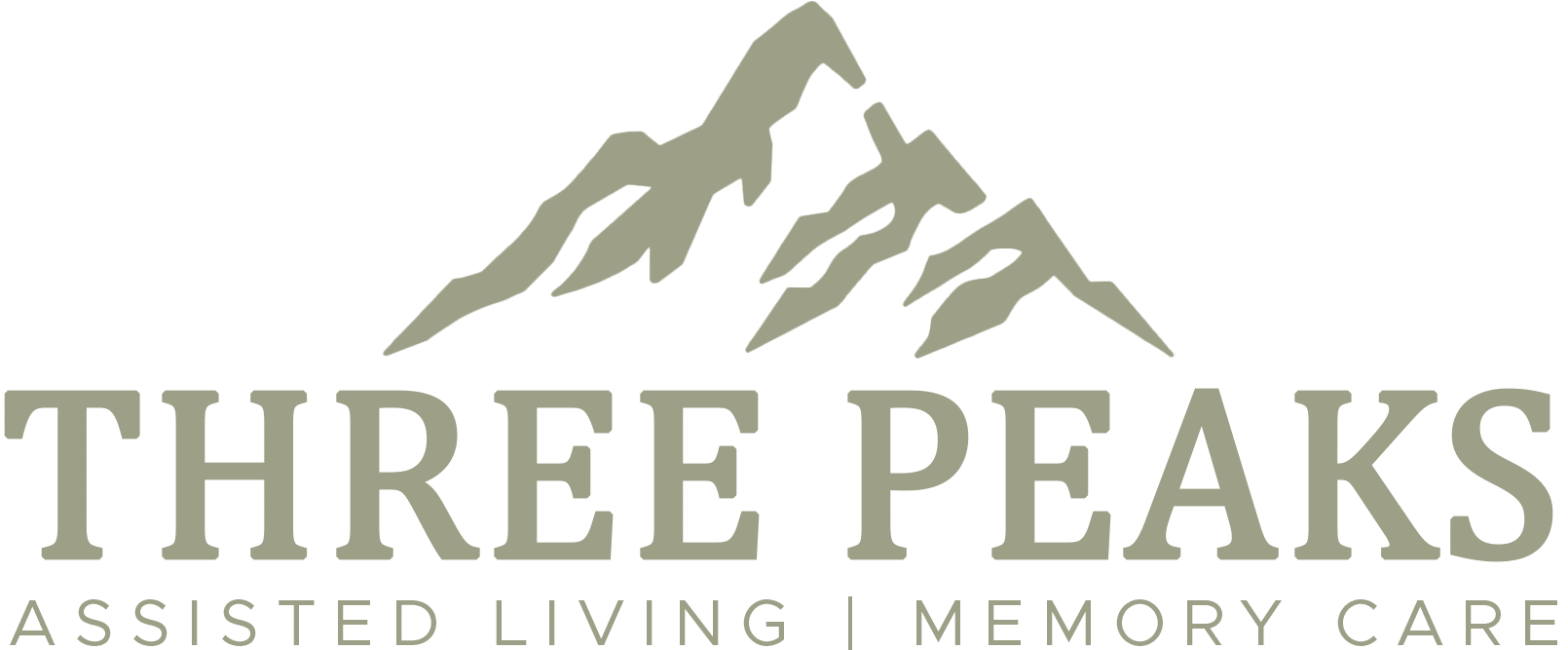As the elderly population grows, more and more families are turning to assisted living facilities to provide their loved ones with the care they need. But with the high cost of assisted living, many families wonder whether they can get financial relief through tax deductions. In this article, we will explore whether assisted living expenses are tax deductible and what factors may impact the tax deductibility of these expenses.
Introduction to Assisted Living Expenses
Assisted living facilities provides housing, meals, and assistance with daily activities for elderly or disabled individuals who require a certain level of care. These facilities can be expensive, with monthly costs ranging from several thousand to tens of thousands of dollars, depending on the level of care needed and the facility’s location.
Understanding Tax Deductions for Medical Expenses
The IRS allows taxpayers to deduct certain medical and dental expenses on their tax returns as long as these expenses meet certain criteria. To be deductible, the expenses must be considered “qualified medical expenses,” meaning they were incurred primarily for preventing or treating a medical condition. The expenses must also exceed a certain threshold – for most taxpayers, this threshold is 7.5% of their adjusted gross income (AGI) for the year.
Are Assisted Living Expenses Considered Qualified Medical Expenses?
Whether or not assisted living expenses are considered qualified medical expenses depends on the individual’s medical condition and the level of care provided by the facility. In general, if the individual requires assistance with activities of daily living (such as bathing, dressing, or eating), and if the primary reason for living in the facility is to receive medical care, then the expenses may be considered qualified medical expenses.
Other Factors That May Impact the Tax Deductibility of Assisted Living Expenses
Even if the assisted living expenses are considered qualified medical expenses, there are other factors that may impact their tax deductibility. For example, suppose the individual or their spouse is claiming the standard deduction instead of itemizing their deductions. In that case, they will not be able to deduct any medical expenses. Additionally, suppose the individual is being reimbursed for any portion of the assisted living expenses by insurance or a government program. In that case, only the unreimbursed portion may be deducted.
How to Claim a Deduction for Assisted Living Expenses
Suppose the assisted living expenses meet qualified medical expense criteria, and the individual is eligible to claim the deduction. In that case, they can do so by itemizing their deductions on Schedule A of their tax return. The expenses must be listed under the “Medical and Dental Expenses” section of Schedule A and any other qualified medical expenses the taxpayer incurred during the year.
Alternatives to Tax Deductions for Assisted Living Expenses
For individuals who are not eligible to claim a deduction for their assisted living expenses, other financial assistance programs may be available. For example, some states offer Medicaid waivers that can help cover the costs of assisted living for eligible individuals. Additionally, some assisted living facilities offer financial assistance programs or payment plans to help families manage the cost of care.
If you’re looking for a caring and supportive environment for your loved one, consider Three Peaks Assisted Living. Our experienced staff provides personalized care to meet each resident’s unique needs. Contact us today at 435-565-6224 to learn more about our services and schedule a tour of our facilities.

